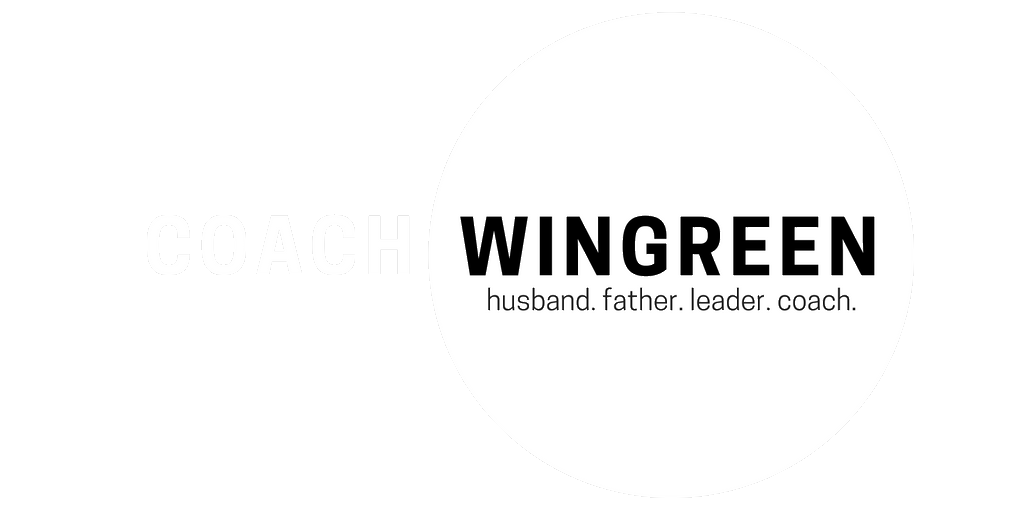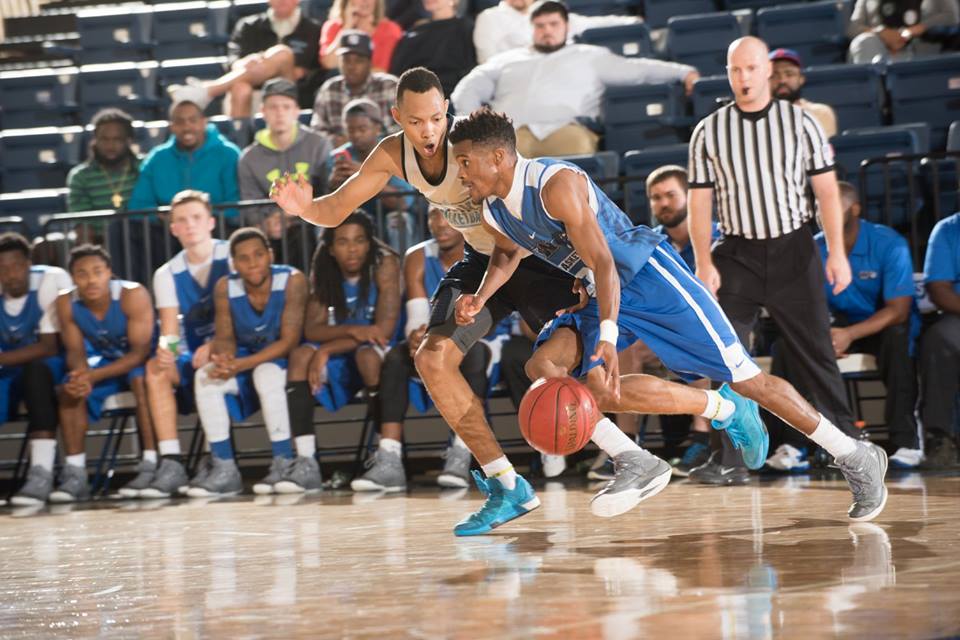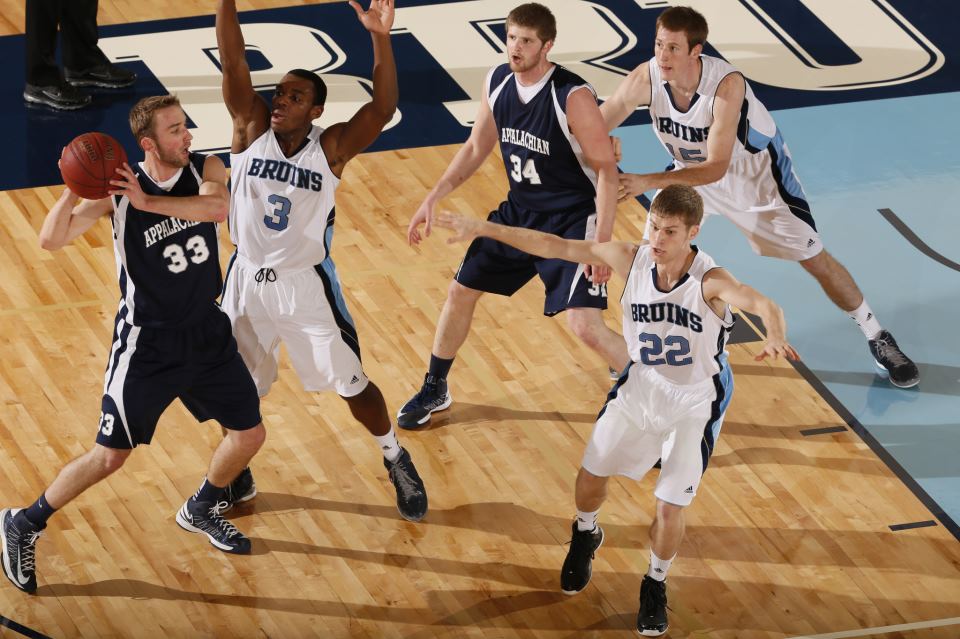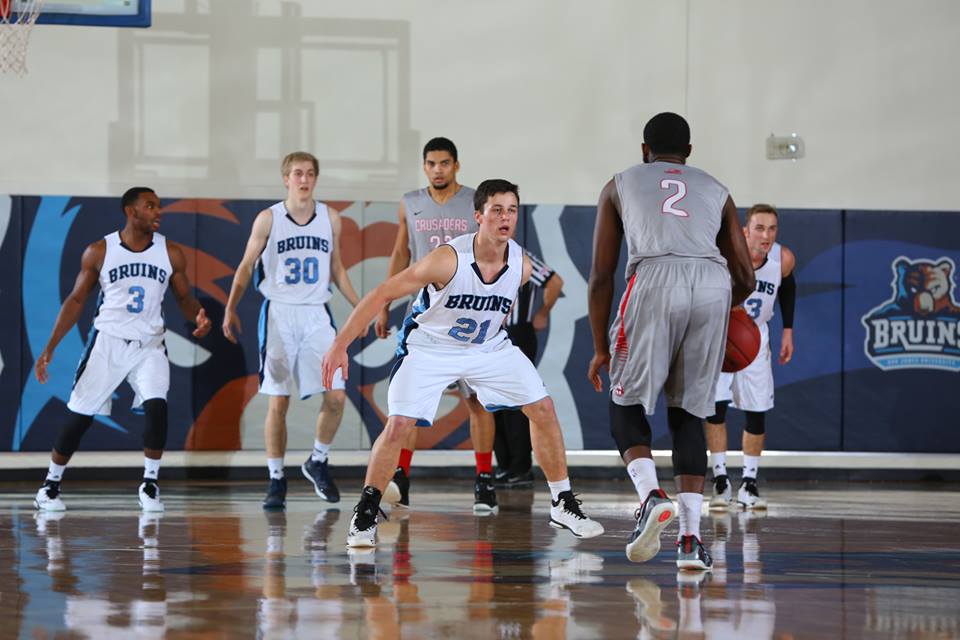I was recently eating dinner with one of my teammates when he asked me, “Why do you keep playing?” I smiled and said, “That’s an easy one. Because of you guys.” My teammate looked back at me not knowing how to respond to that. But that got me thinking, and that’s a question I want to ask you—Why do you play?
My name is Robert Horn. I’m a 5’ 10” senior at Bob Jones University in South Carolina. I walked-on my freshman year and have played less than 100 career minutes. I’ve only scored 12 points in my college career. Knowing that, you now see why my teammate asked me that. It was a fair question, and its one that I’ve often asked myself.
Why do I play?
Why do I put myself through the grueling grind of college basketball only to ride the pine?
Because of my teammates and the opportunity I have to build relationships with them and make an impact on their lives. I know a lot of guys say that, especially when they are being recruited, but it’s a whole other thing when you’re forced to live it out. This is something that God’s been teaching me throughout my entire college career. If I was here only to “get mine” or for my own personal success, I would have quit my freshman year to play intramurals—and believe me, I almost did. And again sophomore year. And again junior year. But through this process, God has been showing me that basketball is so much more than scoring 20 points a night or playing 35 minutes per game. Basketball isn’t about me. Basketball is just a tool God’s graciously given me to be able to connect with guys who others can’t and in ways that no one else can. This opportunity didn’t come by me pouting on the bench or slacking in the gym—No, I earned guys respect by working harder then them though I saw less on-court opportunities than them. I earned guys respect by showing them support and excitement at their personal success and the team’s success rather than whining over my lack of PT. It was not easy and I struggled with it at different times. But when took my eyes off myself and aligned my perspective to what God called me, I found myself thankful and satisfied for the opportunity rather than selfish over unfulfilled desires. God has shown me that basketball isn’t about my glory, but about His. It’s a platform to serve Him for where He’s called me.
FOUR YEARS AGO
Four years agoI would have told you that a college career spent on the bench was a waste. But God has used these last four years to radically change me in such incredible ways. He has humbled me, convicting me of prideful desires for my own glory over the success of my teammates and the team. He has revealed my selfishness in caring about my own athletic success over the welfare of my teammates hearts and souls. He has given me the opportunity to be a leader from the bottom, rather than someone who sticks out as the most skilled player or physically dominate person.
THE BEST PART
But the best part is that what God has taught me through basketball will carry over to life. Life isn’t about me or my success or my happiness or my glory. It’s about Someone so much greater me—God! I think it is awesome that we refer to our teams as family because our relationship with God is also portrayed as a family. God has given us the opportunity to be on His team, but we have to accept that we are not the superstar—He is! Just like we could spend 4 years chasing after PT and records, we can spend our lives chasing our own glory and satisfaction and end up wasting it on ourselves! Or we can examine our heart’s motives and take our eyes off of ourselves and finally realize why we are alive —to bring God glory. If we are Christians, we are called to follow after Jesus (Luke 9:23). Jesus’s goal was to bring the Father glory (John 17:4). Bringing God glory, not ourselves, is why we were created. So look at the gifts God has given you and ask yourself why you do them. It may be basketball, it may be music, it could be art—whatever it is, do it to the glory of God, not yourself (1 Corinthians 10:31)!
MY HOPE
My hope is that my story will cause you to examine your heart, and change your mentality as you head into next season. Ask yourself today, “Why do I play?”




